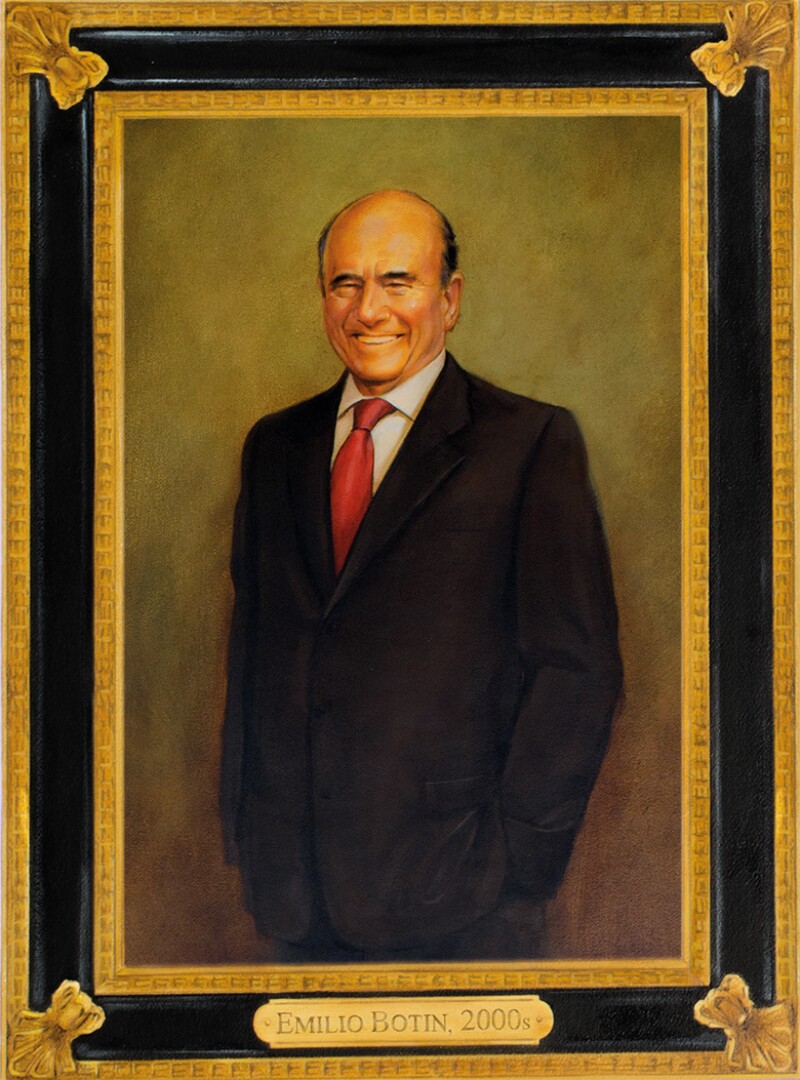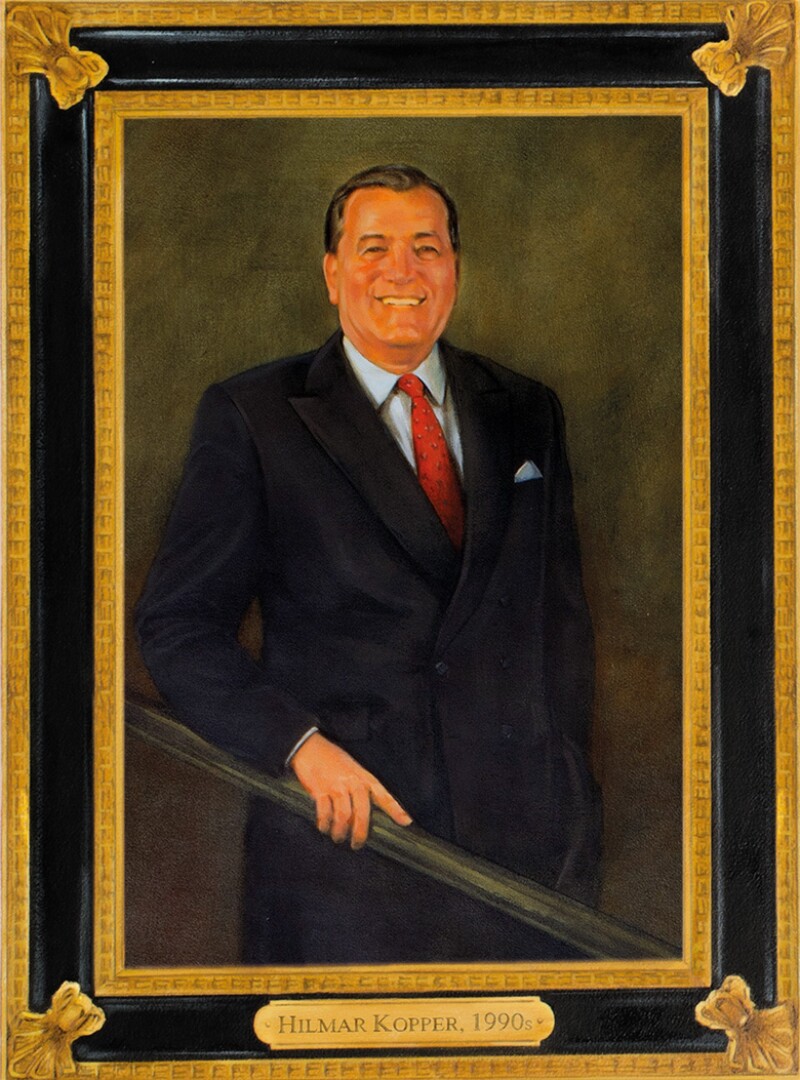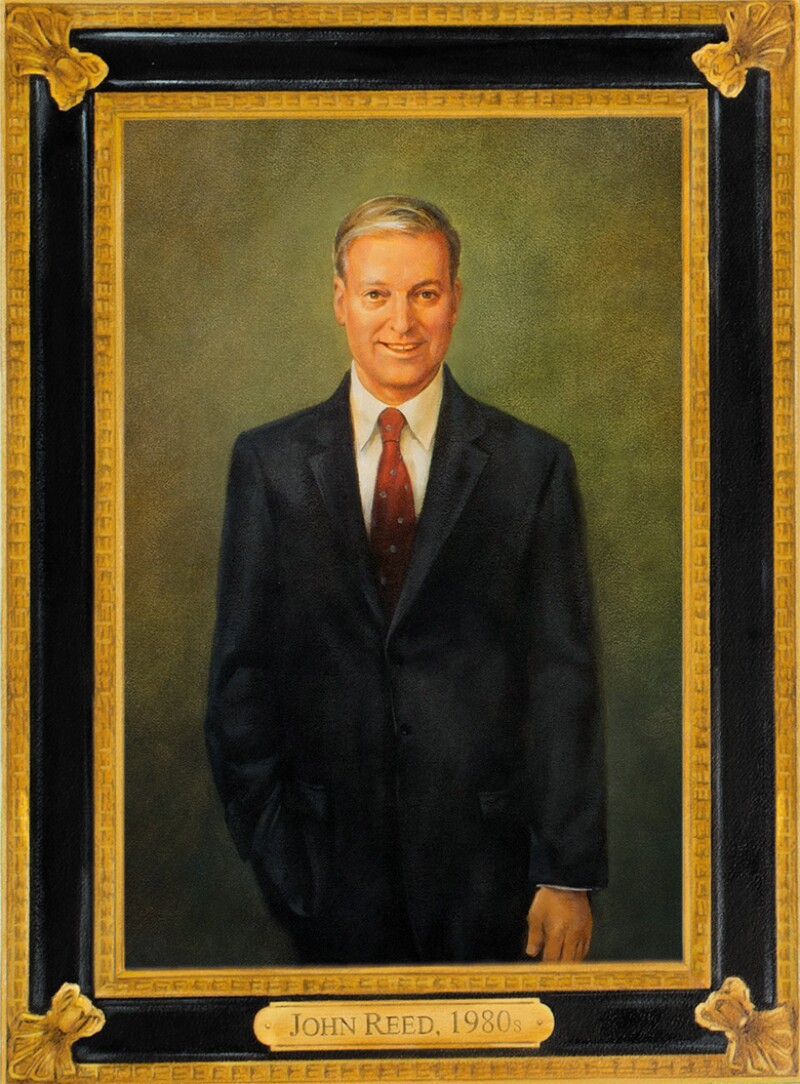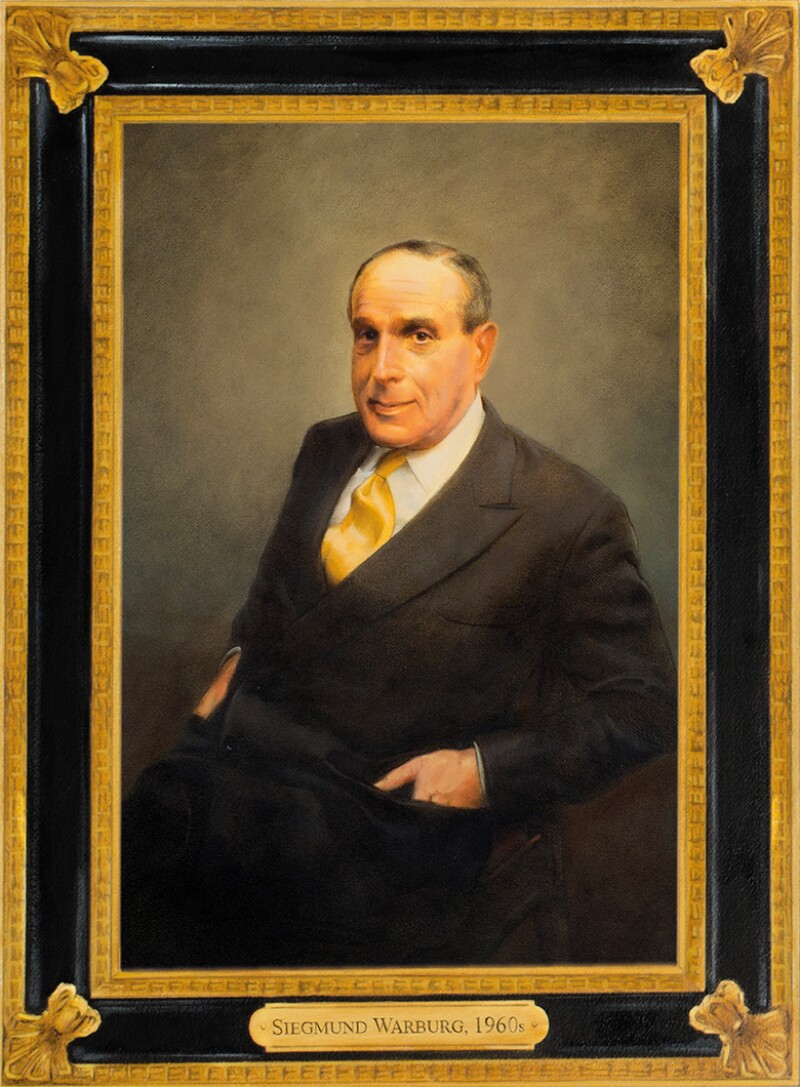
Jamie Dimon, JPMorgan Chase – The icon of the 2010s
Jamie Dimon is the banker of his generation. The secret of his success? Be a great banker but be an even better businessman.

Emilio Botín, Santander – Master of the merger of the 2000s
Realizing early on that banking was a business where scale mattered and diversification was essential, Emilio Botín turned a regional family firm from southern Europe into an unlikely new force in global banking. He was a master of the merger and trod a path that no other European bank has followed. But the pace of growth left challenges for the generation that followed.

Hilmar Kopper, Deutsche Bank – The giant of European banking in the 1990s
Hilmar Kopper ran the bank that every other firm feared in the 1990s. He transformed Deutsche Bank from a conservative domestic business into a leading global financial institution. Just how far Deutsche has fallen today shows how far it rose under Kopper.

John Reed, Citibank – The technology pioneer of the 1980s
John Reed is a visionary. His ideas about global banking and transformative technology put him decades ahead of his time and set him apart from his peers as one of the leading bankers of the 1970s, 1980s and 1990s. He rethought the business model of consumer banking: as a service built around customers’ whole lives that could be profitable for shareholders. He was a tech pioneer from early in his career, bringing the ATM to bank branches, driving the mass adoption of credit cards and building the biggest international network banking has ever known. Nineteen years on from his infamous ouster after a bruising battle with Sandy Weill, he still thinks deeply about the industry.

David Rockefeller, Chase Manhattan – The first global banker, from the 1970s
David Rockefeller used the power of his family name and his platform as head of Chase Manhattan Bank to push globalization in an era where the world was fractured on political and geographic lines. He had his flaws as a banker. But his vision – that banking could be a force for good – was ahead of its time and one that the current generation of bank leaders has since embraced.

Siegmund Warburg – The father of international finance in the 1960s
Sir Siegmund Warburg may not have liked this article. After all, although he was not half as hostile towards the media as is commonly believed, he did not care much for Euromoney. When he fell out with the magazine a little more than a year after its launch, the spat said rather more about Siegmund Warburg than it did about Euromoney itself.